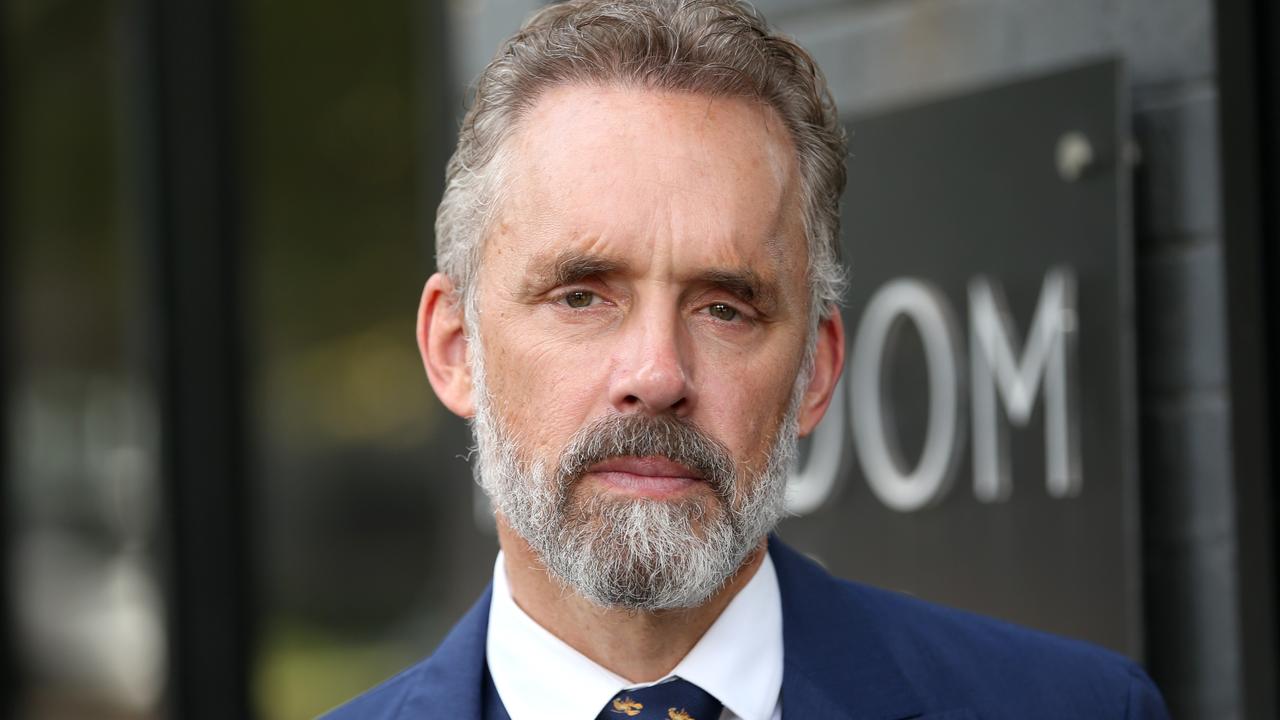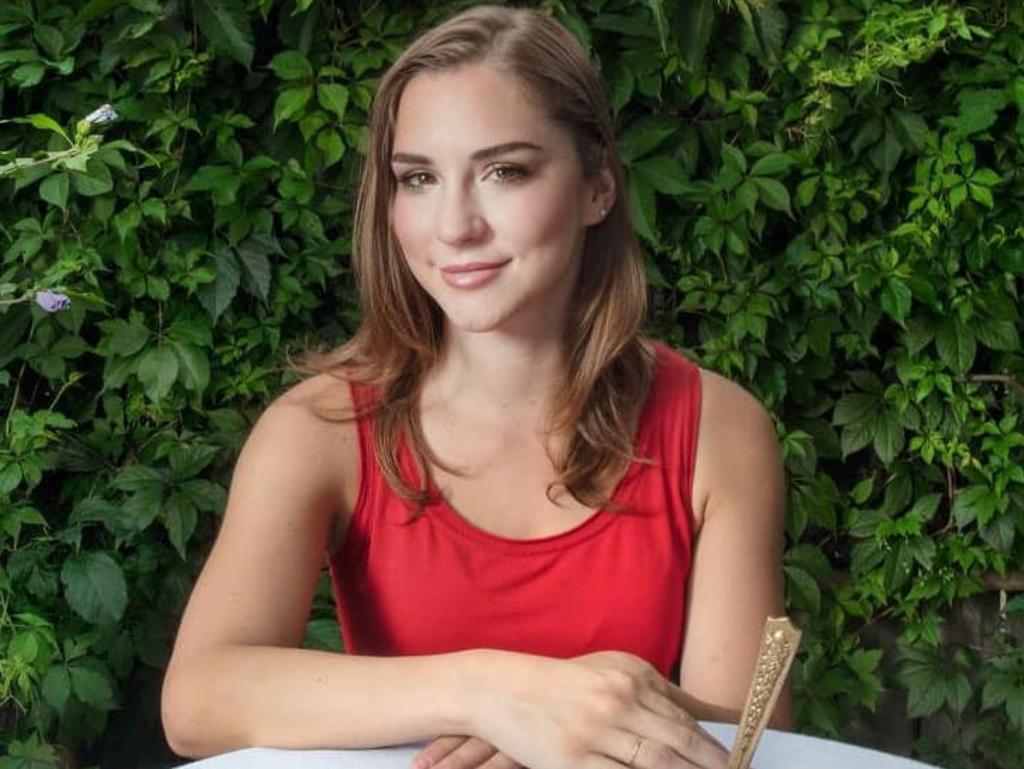Jordan Peterson recovering from tranquilliser addiction in Russia
The daughter of controversial self-help author Jordan Peterson has revealed he nearly died “several times” from his tranquilliser addiction.
A controversial psychology professor and self-help author who has spent much of his career railing against political correctness is recovering from an addiction to tranquillisers, his daughter has revealed.
Jordan Peterson, 57, emerged last week from an intensive care unit in a Russian hospital after being treated for a dependence to benzodiazepine, an anti-anxiety medication, the New York Post reports.
Peterson sought alternative treatments in Russia after being repeatedly misdiagnosed in North American hospitals, including a clinic in New York, Mikhaila Peterson said in a video posted to YouTube.
RELATED: Jordan Peterson enters rehab after wife’s cancer diagnosis

“He nearly died several times,” the daughter said, adding her father had been taking the drug for years to treat anxiety brought on by a severe auto-immune reaction to food.
Doctors increased his dosage last year to help him cope with stress after his wife, Tammy, was diagnosed with cancer.
The daughter and her husband took Peterson, a professor at the University of Toronto who has long battled depression, to Moscow last month; he was diagnosed with pneumonia and put into an induced coma for eight days, according to Canada’s National Post. She described her father’s withdrawal as “horrific”.
RELATED: Big question rock star psychologist Jordan Peterson struggles with
In the past, Peterson said he was able to beat back depression with the meat-heavy diet his daughter encouraged him to adopt.
Cutting out greens altogether improved both his mental and physical health, he said in a 2018 interview.
The Twelve Rules of Life author has been released from the hospital and is taking anti-seizure medication, his daughter said. Although he has trouble walking and typing on his own, he is “on the mend,” she said.

“He’s smiling again,” she said.
This article originally appeared in the New York Post and was republished with permission



